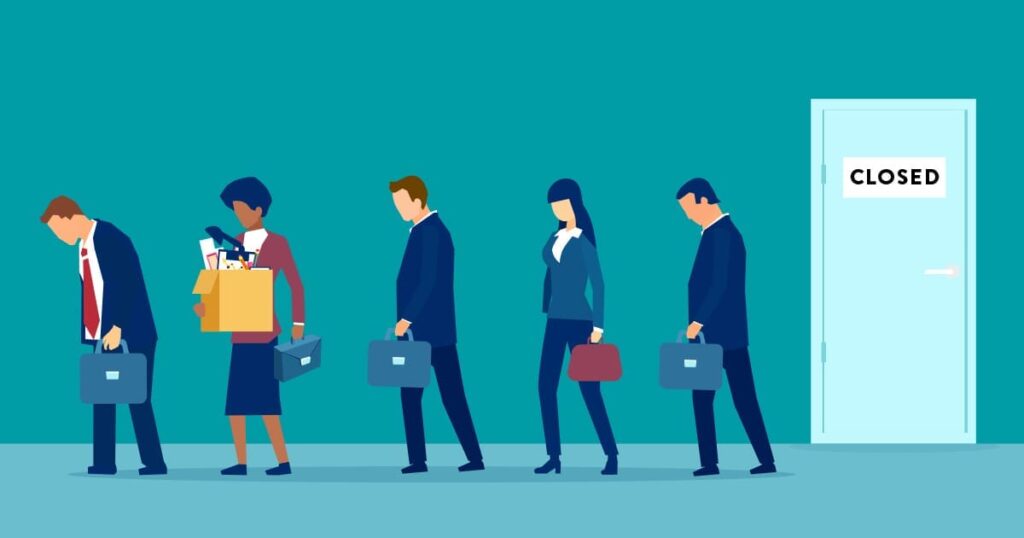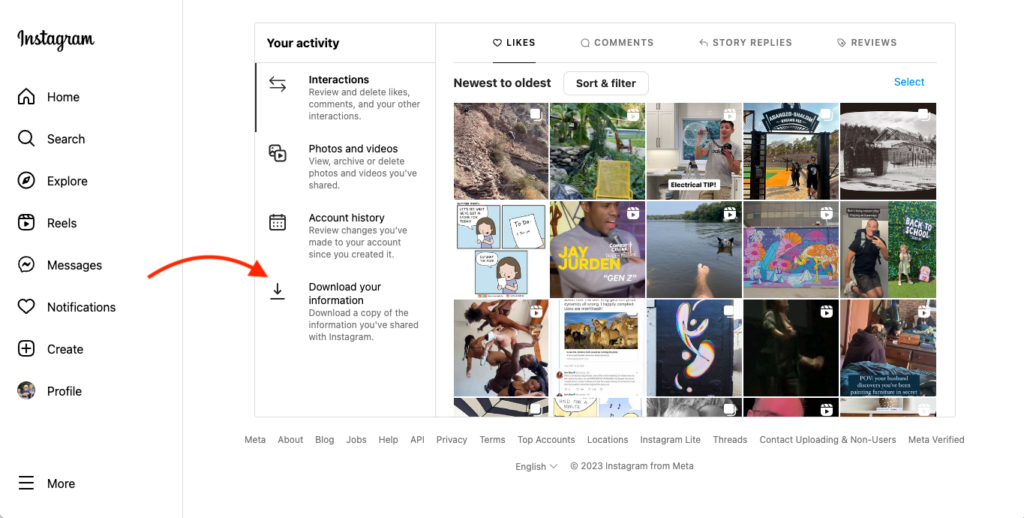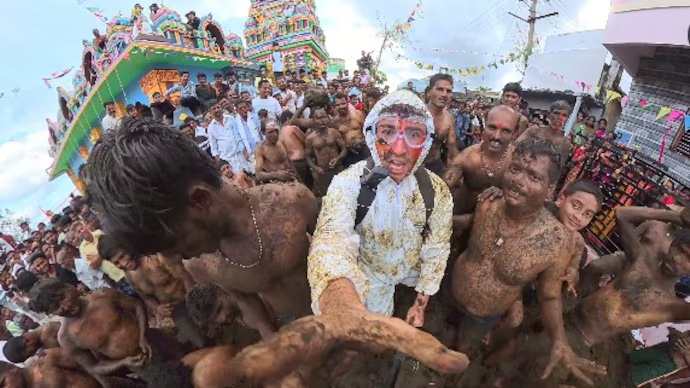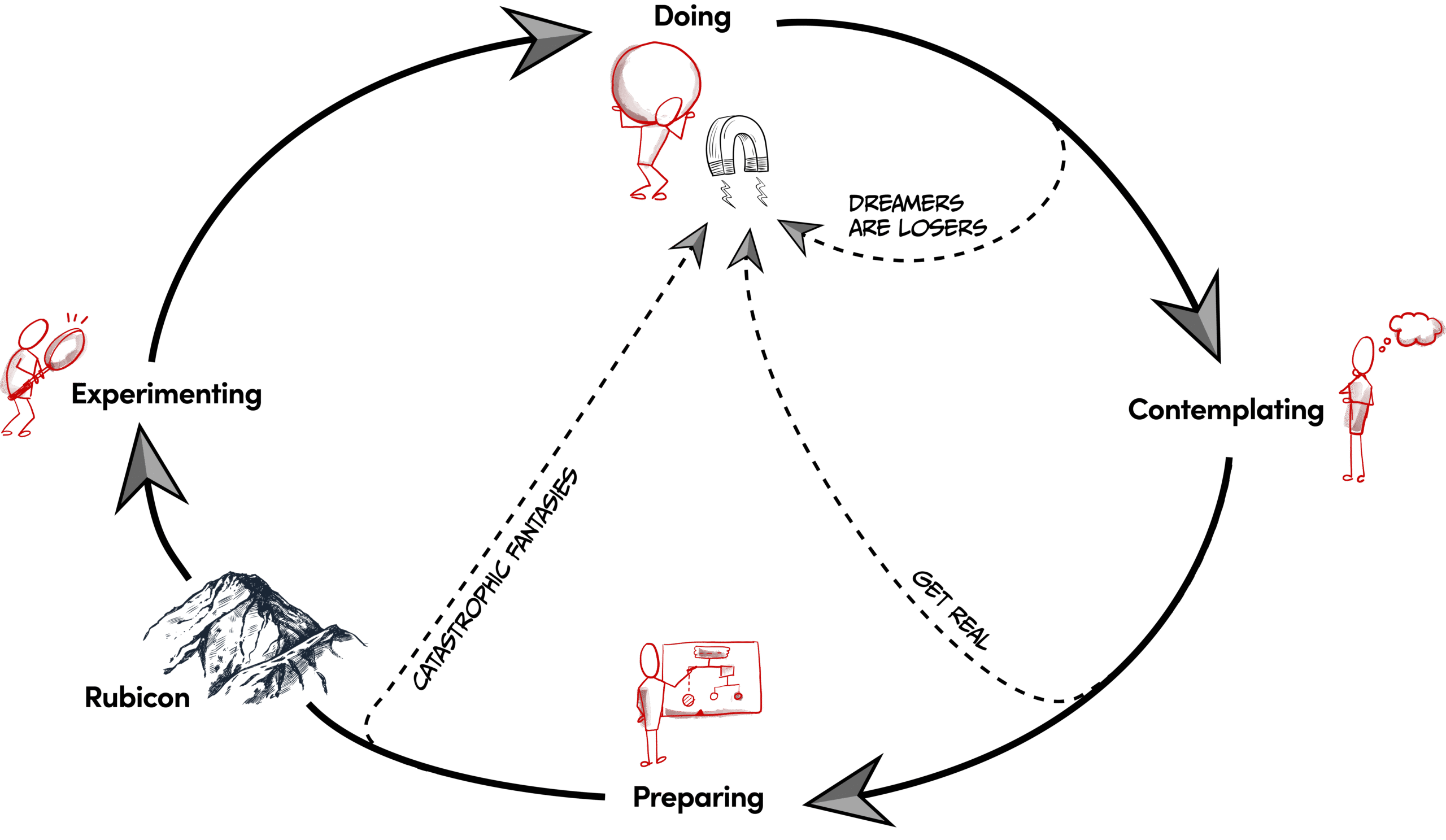Now Reading: The Hidden Cost of Comparison on Social Media: What It’s Doing to Your Mind
-
01
The Hidden Cost of Comparison on Social Media: What It’s Doing to Your Mind
The Hidden Cost of Comparison on Social Media: What It’s Doing to Your Mind

Scrolling through Instagram or Facebook might seem like a harmless break, but it often leaves us with a strange feeling—like we’re falling behind. In Tier 2 cities, where digital reach is growing fast, many young Indians are unknowingly stuck in a loop of comparing their lives with curated versions of others’. This constant comparison is slowly impacting mental health, self-worth, and even personal choices.
The Rise of the Comparison Trap
Social media was meant to connect people, but it’s now a mirror where we constantly measure ourselves against others. Someone’s vacation, promotion, new car, or wedding reel often triggers feelings of “Why not me?” or “Am I doing enough?”
The issue isn’t that others are doing well—it’s that we rarely see their struggles, failures, or the time behind that one perfect post.
Why It’s Worse for Tier 2 Users
For users in cities like Nagpur, Indore, or Bhubaneswar, the comparison becomes sharper. Many feel pressure to “match up” to metro lifestyles, even if local realities are different. Seeing influencers or friends living luxuriously in Mumbai or Delhi can create a silent stress, pushing people to spend beyond their means or question their career paths unnecessarily.
Mental Health Takes a Hit
Repeated exposure to filtered lives can lead to low self-esteem, anxiety, and even depression. It can affect sleep, cause overthinking, or lead to dissatisfaction with your own achievements—even when you’re doing well.
This emotional drain happens silently and gradually, which is why many people don’t even realise the damage being done.
Chasing Validation Through Likes
As comparison grows, so does the need to impress. Posting only the “best parts” of life becomes a habit, not for joy but for validation. If a post doesn’t perform well, some feel rejected or less important. This can affect confidence and the way people view their self-worth.
How to Break the Cycle
– Limit screen time, especially on days when you’re feeling low
– Follow people who inspire, not intimidate
– Remind yourself that social media is a highlight reel, not real life
– Engage in offline activities that give genuine happiness
– Be mindful of your own progress, not someone else’s
Conclusion:
Social media isn’t bad—but unchecked comparison is. When you stop measuring your life against others’ timelines, you start appreciating your own journey. Especially for youth in Tier 2 cities chasing growth and identity, learning to use social media wisely is not just helpful—it’s essential for mental wellbeing and peace of mind.

























